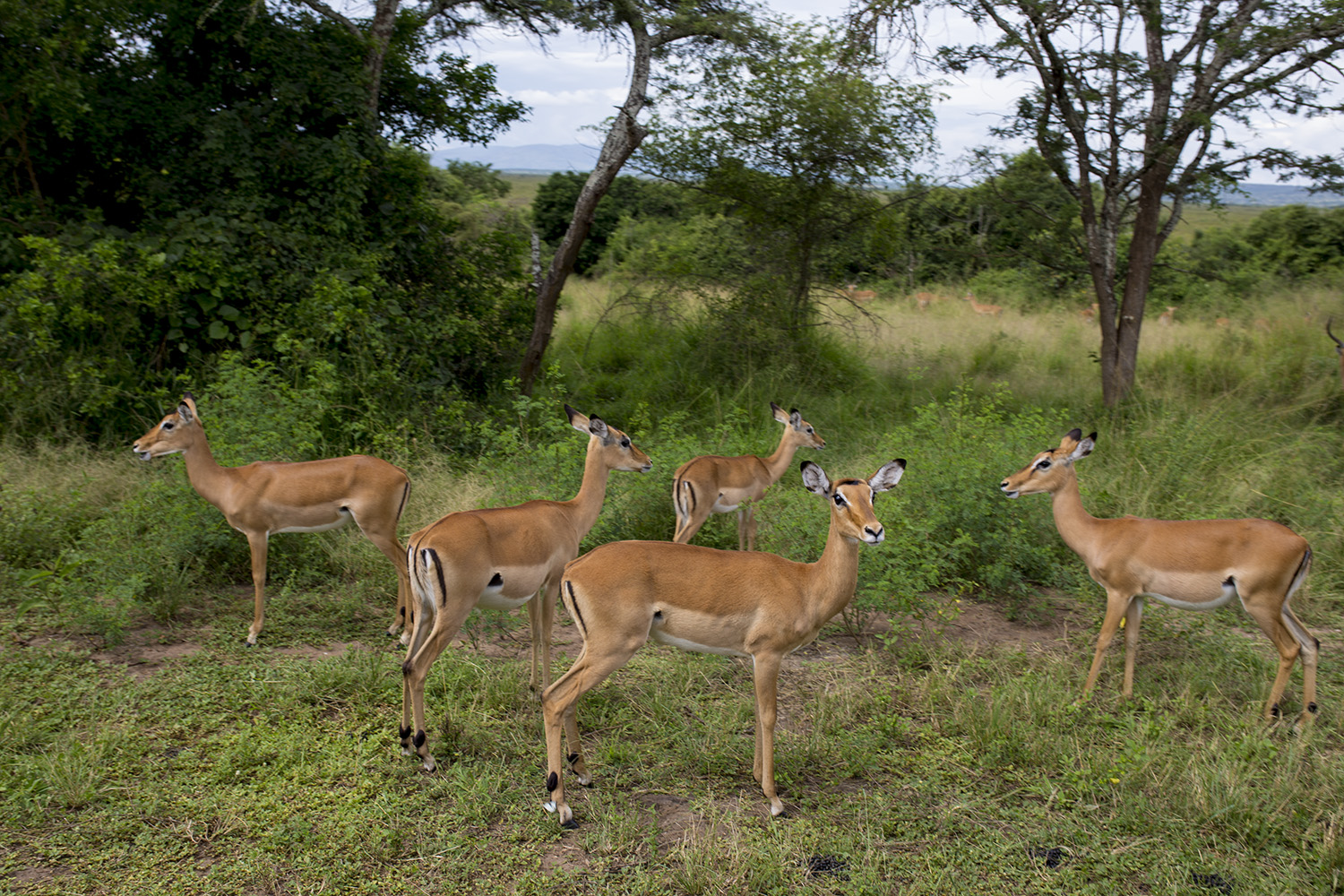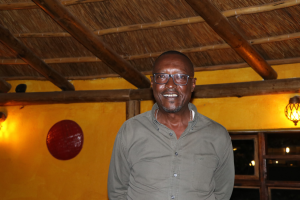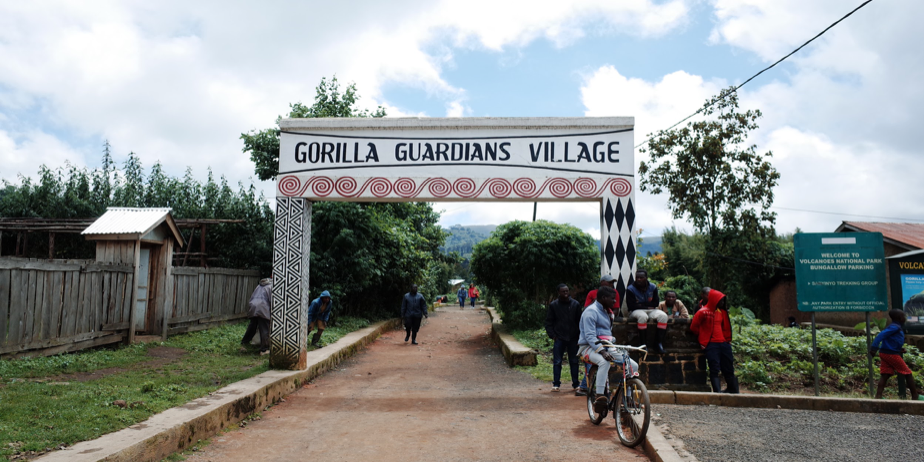Rwanda’s tourism jump big win for the environment

Mugugu Mungarulire, a local tour guide, says he always stops his car to pick up trash.
Jean d’Amour Mbonyinshuti, a reporter, says his newspaper regualrly publishes envrionmental stories.
By Sunny Sun and Liony Xue
Rwanda seems to have hit upon a win-win model for economic growth: conserve wildlife and nature to bring in the tourist dollars.
So far it’s working. Rwanda is one of the fastest growing economies in the world.
In 2017, tourism brought in US$438 million (HK$34 billion), much of that paid in permits to visit the country’s mountain gorillas and spent on services for other nature tourism.
Mainly an agricultural nation, tourism contributes to 12.7 % of the country’s GDP, according to the Telegraph.
The 1994 genocide devasted lands and local wildlife. The mountain gorillas’ habitat in the Volcanos National Park was a battle ground. Forests were cleared for firewood. Refugees living in what is today’s Akagare National Park killed all the lions to protect their cows.
But today, ecologically protected areas are conducive to the restoration of forests, the repopulation of animals and the conservation of their habitat. Lions have been reintroduced to Akagare and now there are more than 20. The mountain gorilla population is the highest it has been since the 1960s.
Anyone who illegally cuts trees in protected areas can be imprisoned up to two years or fined up to 2 million francs (HK$ 17,317), according to The New Times.
About 10 percent of tourism revenue goes back into the community to support parks, schools, hospitals, hotels, roads, artists and farmers, the chief executive officer of the Rwanda Development Board said at a conference last year.
 “As for Virunga National Park, 30% of we made from tourism all go to the community, ” said Mugugu Mungarulire, a local tour guide. He also said after seeing the development, people are more willing to move from the forests to other areas.
“As for Virunga National Park, 30% of we made from tourism all go to the community, ” said Mugugu Mungarulire, a local tour guide. He also said after seeing the development, people are more willing to move from the forests to other areas.
Rwanda was criticised last year for spending £30 million (HK$ 299 million) to have its brand printed on Arsenal football team shirt sleeves. But the country defended its move saying that already British visitors are up more than 20%.
Poaching, once a major problem in the parks, has decreased significantly. At the Gorilla Guardians cultural village former poachers and young people teach traditional village life to tourists and give musical and dance performances.
The founder of the village, Edwin Sabuhoro, educated poachers on the importance of conservation and helped set them up in jobs craft makers, farmers, traders and employees of national parks.
“Hunting was the only way to get food and money before. But now we can afford our lives, so we don’t need to poach anymore,” said Barora Leonidas, a former poacher for more than 30 years who has been performing in the village since 2005.
 Jean d’Amour Mbonyinshuti, a reporter at the New Times, the largest English newspaper in Rwanda, said they publish numerous environmental stories every week.
Jean d’Amour Mbonyinshuti, a reporter at the New Times, the largest English newspaper in Rwanda, said they publish numerous environmental stories every week.
“The government started recently to privatise all the forests and encouraged private companies to manage them,” said Mr Mbonyinshut. “Original land owners are joining associations to manage forests and investigate more productively.”
Primary school teachers in Rwanda are required to teach environmental conservation, Mr Mbonyinshut said. “Don’t cut down a tree” have been turned into a children’s song.
Mr Mungarulire said if he says a plastic bottle on the street, he stops the car to pick it up. “Kids will pass the awareness to their family,” said Mr Mungarulire. “When they saw their father cutting down the trees, they will tell him what they are doing is wrong.”
“Once people get to know that, you will solve 30% of the problem,” said Mr Mungarulire. “It is not about the laws, it is about me. How it getting to me and make me understand.”


